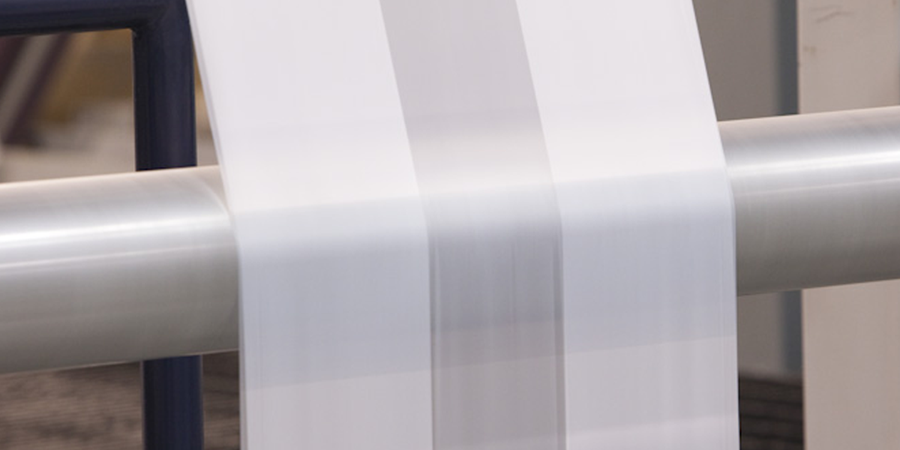How an easy-open package became thinner, faster, greener at less cost
The whole package: How a new, easy-open package becomes thinner, faster, greener – at less cost

How an easy-open package became thinner, faster, greener at less cost

Pressure to deliver better, more efficient health care within ever-shrinking budgets continuously pushes providers to squeeze out seconds in the day and dollars off each purchase. Providers are now more price conscious than ever before, affecting decisions throughout the supply chain.
With the evolution of requirements, packaging too plays a role in how health care is delivered.
Replacing bulky boxes with space-saving flexible packaging reduces unit cost for hospitals, while giving them the ability to buy and store in larger quantities.
With this in mind it became imperative for a medical device original equipment manufacturer to develop an easy-open package for sterile fluid pathway tubing. Spectrum Plastics Group engineers took on the challenge to produce an easy-open package that saved $10 million in material, production and shipping costs –and more.
Uncovering Efficiencies and Savings Up Front
In the drive to reduce costs, OEM companies know that leveraging the expertise of its suppliers has a multiplier effect on product innovation. Spectrum Plastics Group (SPG) provides both package and process knowledge to the medical device industry, effectively becoming an extension of the product team. The company’s innovative package designs come from a customer-centered philosophy – not just about adding value, but about reducing costs while delivering a better user experience.
“It’s essential to really understand the full application and even the supply chain flow,” explains Dave Benzschawel, Business Development Manager, Packaging, for SPG.
“We take the time to explore the full spec – not just the initial request. The process starts by asking a lot of questions not just about what the packaging needs to do, shipped and used in the hospital setting. The discovery process seeks to uncover ways to optimize the end use experience while reducing production, material and shipping costs.”
Benzschawel continues, “This is where our technical and engineering background pays off for the companies who work with us. Understanding all the requirements leads to a better package. In this case the result also produced $10 million in cost savings.”
Competitive Review
To ensure that the new design improves upon existing options, the discovery process studies the full range of existing designs and options to ensure the end result improves upon what exists. The final recommendation may incorporate features of different designs or it may go in a totally new direction. The point is not to always create a new mousetrap – it’s to deliver the package that fits the application.
Easy-Open Package Reduces Costs and Waste
The team recommended a bag rather than a standard peel pouch. Not only is this easier to open, the smaller size reduces production and material waste, takes less space for storage and even reduces shipping costs.
The reduction of waste in manufacturing makes this bag a more sustainable option as well. Even better, improved machine technology completes the bulk of production in-line, with reduced scrap and cycle times.
The biggest debate focused on the recommendation to use a simple perforation on a bag rather than a sterile pouch. A critical review confirmed that the product to be inserted did not require a sterile barrier. Still, the bag material itself can be sterilized with either gamma or EtO methods.
The final bag design also reduced run times for packaging. Instead of having to stop, pick up a new bag, open it and insert the product, assembly workers could simply tear a bag off a wicket and insert the product. Replacing a Tyvek® strip with a patch and adhesive for closure took out even more costs.
Material Enhancements for Better Experience, Lower Cost
The package innovation didn’t stop at the package functionality – it went all the way to the formulation and performance of material and manufacturing.
Specifying a new resin set enabled Spectrum Plastics to downgauge the package material while still producing a stronger, more transparent package. Enabling the end user to see exactly what’s in it can save valuable time confirming that the product on the bar code is exactly what the user needs.
The material also supports high-end ink and detailed printing to accommodate bar codes and multiple language instructions on a smaller package size. Even very small, 4-point type is readable. The material also supports laser etching type and bar codes.
Additional Benefits:
Results—By The Numbers: